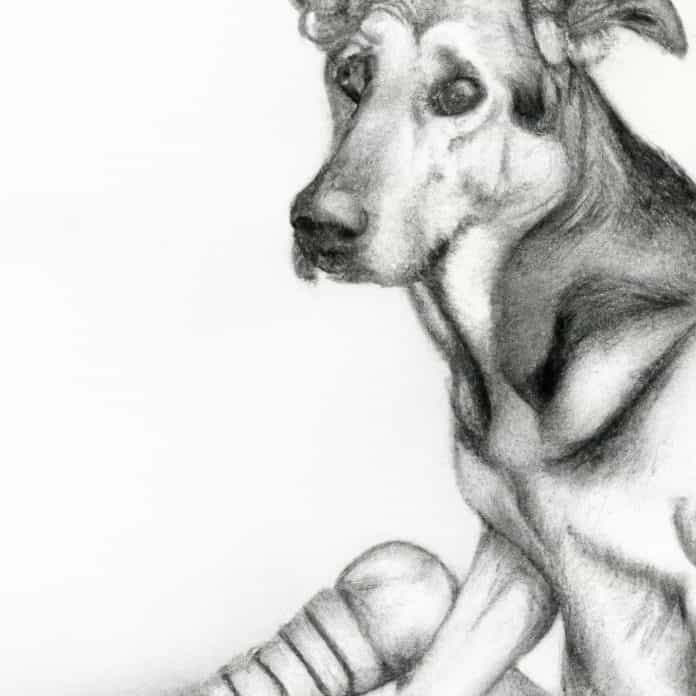Dear VetBabble: What Should I Do if My Dog Has a Swollen Paw and Open Wound?
My dog was limping and favoring his back paw yesterday. It was swollen but I didn’t see anything. Today he is walking on it, but he has an open wound on the top and his paw is very swollen. What should I do?
Your dog needs veterinary care. An open wound and swelling on the paw could indicate infection or the presence of a foreign object under the skin with secondary infection. He needs to have the wound examined, possibly explored, and receive antibiotics and pain medication. Until then, try to keep him from licking at the wound if possible through the use of an e-collar if you have one available.
Section 1: Identifying the Cause
When your dog starts limping or showing signs of a swollen paw, it could be due to several reasons. Some possible causes may include injury, infection, allergies, or even insect bites. To get a clearer idea of what may be causing your dog’s limping, read our article on Why Is My Dog Limping? When to Worry and What to Do.
With an open wound on the paw, infection and foreign objects are possible causes. If you don’t see anything externally, make sure to consult your veterinarian, as they will be able to give a thorough examination and determine the underlying cause.
Section 2: At-Home Care
While it’s essential to bring your dog to the veterinarian for professional care, there are a few things you can do at home to alleviate your dog’s discomfort before the visit. You can try to clean the wound carefully with mild soap and water. If possible, bandage the paw to keep it clean and discourage your dog from licking the affected area.
For more information on at-home care for your dog’s wound, check out our guide on How to Treat your Dog’s Wounds at Home.
However, it’s important to note that if your dog’s wound is deep or appears to be infected, home care may not be enough, and professional treatment is required. Remember that at-home care should never replace the advice and care of a veterinarian if your dog is injured or ill.
Section 3: Preventing Further Issues
Once your dog’s paw has been treated by a veterinarian, there are some preventive measures you can take to minimize future issues. In some cases, your dog may have a habit of licking their paws, which can lead to infections or worse conditions. Find out why your dog may be licking their paws by reading our article on Why Does My Dog Lick His Paws?.
Additionally, regular checkups can help identify and address any lumps or bumps on your dog’s body before they become bigger concerns. Learn about the warning signs and when to worry in our article, Lumps and Bumps: When to Worry.
In conclusion, it’s always best to consult a veterinarian when your dog has an open wound and swollen paw. As pet owners, we can provide temporary relief, but professional care is essential for proper healing and preventing any complications. Stay informed, and never hesitate to seek expert advice when your pet’s health is at stake. With the right care and preventive measures, your dog will be back to their happy, playful self in no time.









